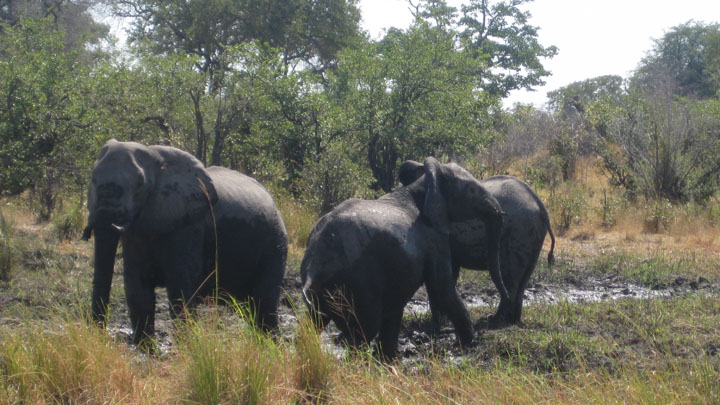Show and tell with a difference!

This week my grandson asked me if I would be happy to be interviewed for an assignment he had to do for his Grade 1 teacher. I readily agreed but on reading the assignment I realised that this was going be very different from all his class mates.
The questions went as follows:
When you were a child who……
Cooked the meals?
Washed the Dishes?
Washed the clothes?
Vacuumed and dusted?
Washed the cars?
Mowed the lawns?
Now I had to do lots of explaining and told him that my answers would be very different to most of the children in his class. I grew up in Rhodesia (now Zimbabwe) and we had four domestic servants. The answer to the first two was Dzimba Chimwanda, the African man who was the head of the domestic servants. Then the clothes were washed and the vacuuming and dusting was done by Dinah Moyo the nanny/maid and the moving and car washing by Joseph or Matias the two gardeners.
These answers only generated more questions: “If they did all the chores, what did your mum and dad do?” and “If you had no chores what did you do?”. I tried to explain that both my mum and dad worked outside the home and that I had a wonderful carefree childhood riding my bike and playing with my friends from dawn to dusk. He then wanted to know if the maid/nanny tuck me up in bed and read me stories and I had to admit that she did. My parents were very lucky as the maid was one of the very few African women of her age who had a Mission Education and could read and write so she felt privileged to do the story reading.
He also had to relate a story about my youth so the one I selected was about meal time. Our meals were a bit different to Australia as we started school at 7.00 am and finished at 1.00 pm then home for lunch (the main meal) at the dinner table (all served by the domestic servants). As children we just couldn’t wait for this formal meal to be over so that we could dash outback and eat with our domestics and the family and friends. They would sit in a circle around a large pot of stew (deliciously flavoured) with another large platter of Sadza (a thick type of polenta made with white maize). Then they would break off pieces of Sadza and dip it into the stew and eat while chatting and generally having a wonderful social time.
I haven’t finished the assignment with him yet but it promise to be lots of fun and very different to most of his class.
What an interesting story! Did you have a different upbringing to most? What was your children like and what are your answers to these questions? Share with us below!









 Proudly Australian owned and operated
Proudly Australian owned and operated